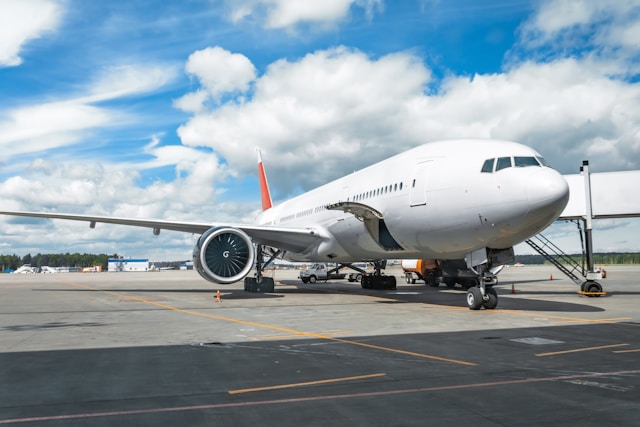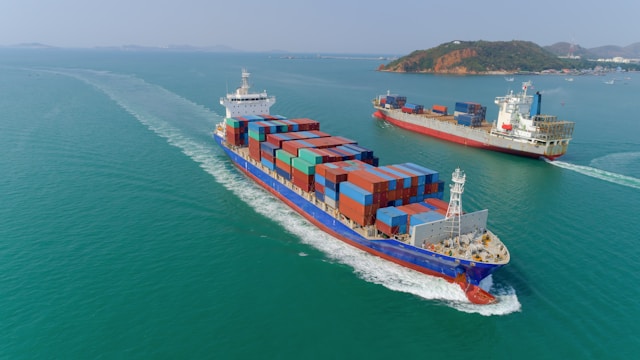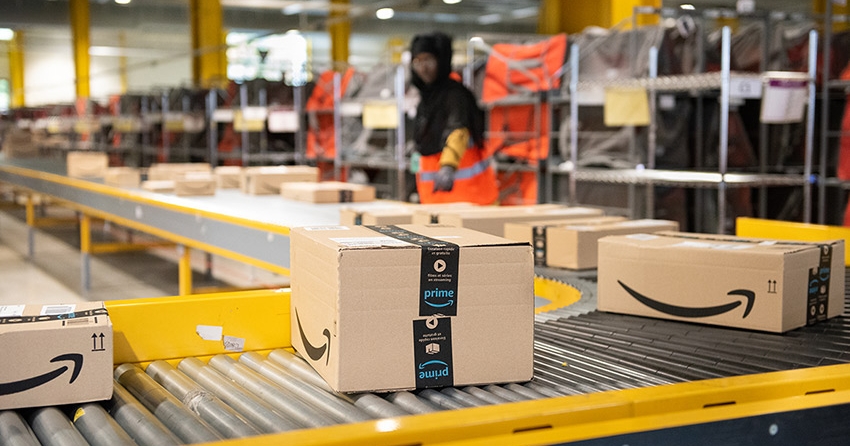Shipping goods from China to Belgium may seem overwhelming, but it doesn’t have to be. Whether you’re an e-commerce seller, a business owner, or a personal buyer, choosing the right logistics option is key to smooth operations.
The best shipping method depends on your shipment’s size, urgency, and budget. Let’s explore the top options to find your best fit.
Here’s what you need to know to make informed decisions about shipping.
[Table of Contents]
What are the 3 Shipping Options from China to Belgium?
When shipping from China to Belgium, there are three main options: direct shipping via your supplier, local Belgian freight forwarders, or a trusted China-based freight forwarder. Each comes with its own pros and cons.
Among these, using a reliable China freight forwarder often provides the best combination of cost, convenience, and control.

Shipping directly by Chinese Supplier
Shipping directly through your Chinese supplier might sound easy. They handle the logistics, so you don’t have to. However, this option comes with limitations.
Pros:
- Hassle-free: Supplier arranges the shipping.
- Best for small shipments or samples.
Cons:
- Lack of control: Suppliers often choose logistics based on their convenience, not yours.
- Limited tracking and support.
- Higher costs for bulk shipments.
This option works well if you’re ordering small or sample quantities, but it can become a logistical headache for larger, frequent shipments.
Shipping directly by Belgian Local Freight Forwarder
Using a Belgian freight forwarder offers local expertise and familiarity with European customs. However, it may not be the most practical for China-to-Belgium shipping.
Pros:
- Strong understanding of local regulations.
- Local support once goods arrive in Belgium.
Cons:
- Higher costs due to outsourcing logistics in China.
- Limited presence or resources in China, leading to coordination delays.
This method can work for businesses with highly specific requirements or established partnerships, but it’s not ideal for seamless international shipping.
Shipping by Your Own China Freight Forwarder
Partnering with a China-based freight forwarder like DFH Logistics is a game-changer. This approach combines affordability, efficiency, and full control over the shipping process.
Pros:
- Cost-effective: Competitive rates for all shipping methods.
- End-to-end service: From factory pickup to doorstep delivery.
- Customization: Tailored solutions for your unique needs.
- Expertise: Strong network and knowledge of China logistics.
Cons:
- Requires choosing a reliable forwarder.
For most businesses, a China freight forwarder is the smartest choice. At DFH Logistics, we specialize in simplifying the entire process, so you can focus on your business.
What are the shipping methods from China to Belgium?
When shipping from China to Belgium, you can choose between air freight, sea freight, express shipping, rail freight, truck transportation, and DDP (Delivery Duty Paid). Each method suits different shipment types and priorities.
Air and express shipping are fast but costly, while sea and rail freight offer lower costs for large shipments. DDP simplifies the process with all-inclusive service.
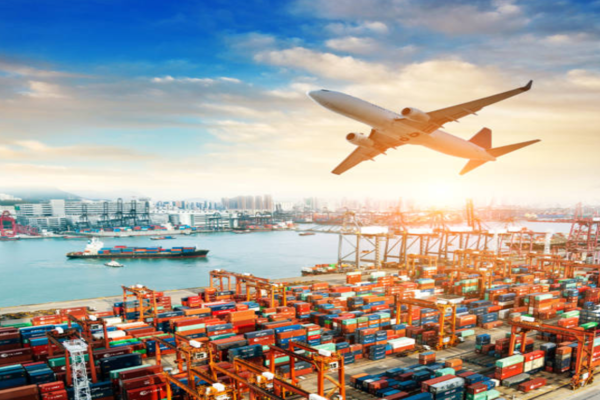
Air Freight from China to Belgium: Pros and Cons
Air freight is the go-to option for businesses prioritizing speed. But is it the right fit for your needs?
Air freight provides fast delivery for urgent shipments but comes at a premium cost.
Air Freight Port to Port in Belgium
Shipping goods from a Chinese airport to a Belgian airport is efficient and cost-effective for bulk air shipments.
Pros:
- Quick transit times (1-5 days).
- Lower costs than door-to-door air freight for large shipments.
Cons:
- Requires managing customs clearance and final delivery in Belgium.
This option is best for businesses with logistics teams that can handle the last-mile delivery in Belgium.
Air Freight Door to Door in Belgium
With door-to-door air freight, your shipment goes straight from the supplier to your doorstep in Belgium.
Pros:
- Fully managed service with no need for local handling.
- Ideal for small businesses or urgent shipments.
Cons:
- More expensive than port-to-port air freight.
This method is perfect for time-sensitive shipments where convenience outweighs cost considerations.
Sea Freight from China to Belgium: FCL vs. LCL
Sea freight is the top choice for cost-conscious shippers moving large volumes. But should you choose Full Container Load (FCL) or Less than Container Load (LCL)?
Sea freight offers the best value for large shipments, with FCL being ideal for high-volume loads and LCL for smaller quantities.
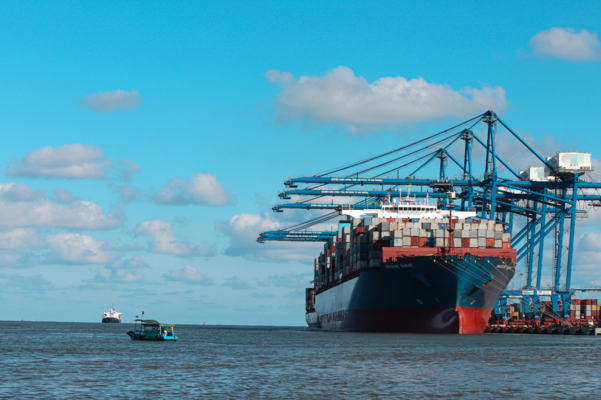
FCL Shipping from China to Belgium
FCL involves renting an entire container for your shipment.
Pros:
- Cost-effective for high-volume shipments.
- Greater security and faster processing.
Cons:
- Not economical for small shipments.
Use FCL if your shipment can fill a container or requires exclusive use for safety reasons.
LCL Shipping from China to Belgium
LCL consolidates your goods with others in a shared container.
Pros:
- Affordable for smaller shipments.
- Flexible for irregular shipment sizes.
Cons:
- Slower processing due to consolidation and deconsolidation.
LCL is best for businesses that don’t have enough goods to justify FCL but want to save on shipping costs.
Express Shipping from China to Belgium: Is It Worth It?
Express shipping is perfect for small, urgent shipments. Major carriers like DHL, FedEx, and UPS dominate this market.
Express shipping offers unmatched speed but comes at a premium cost. It’s best for lightweight and high-priority shipments.
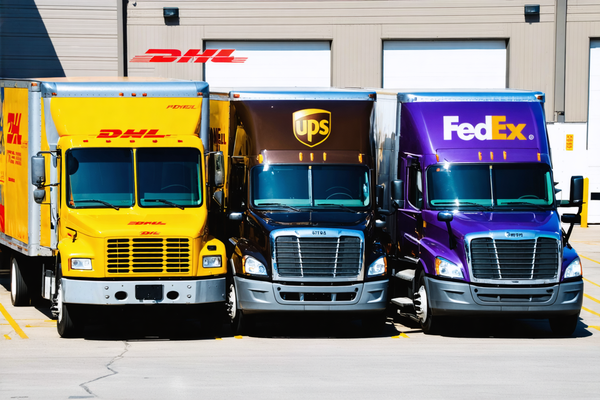
DHL Express from China to Belgium
DHL provides global coverage with reliable tracking and fast delivery times.
Pros:
- Fast delivery (2-4 days).
- Excellent customer service.
Cons:
- Higher costs than other options.
DHL is a great option for time-sensitive shipments with high value.
FEDEX Express from China to Belgium
FedEx specializes in overnight shipping and is ideal for international e-commerce.
Pros:
- Speedy delivery and reliable tracking.
- Competitive pricing for lightweight parcels.
Cons:
- Expensive for heavy shipments.
Choose FedEx for lightweight shipments that require fast and dependable service.
UPS Express Shipping from China to Belgium
UPS is known for its extensive network and flexible shipping solutions.
Pros:
- Great coverage and delivery options.
- Competitive pricing for smaller parcels.
Cons:
- Pricey for larger or bulkier shipments.
UPS is a top choice for businesses needing reliable express delivery with customizable options.
Railway Freight from China to Belgium: Pros and Cons
Railway freight is a rising star in China-to-Europe logistics. It bridges the gap between air freight’s speed and sea freight’s affordability. But is it the right choice for your shipments?
Railway freight offers a balanced option with faster transit than sea freight and lower costs than air freight, making it ideal for medium-priority shipments.
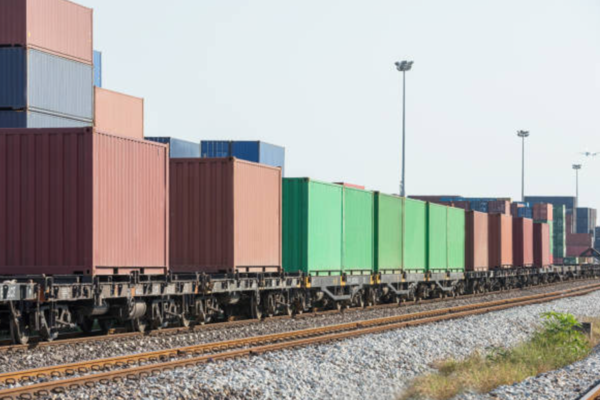
Advantages of Railway Freight
Railway freight offers unique benefits that make it a practical option for many shippers:
- Cost-effective for medium-volume shipments: Prices are significantly lower than air freight.
- Relatively fast transit: Transit times range from 25 to 30 days, faster than sea freight.
- Environmentally friendly: Railway freight has a smaller carbon footprint compared to air or truck transportation.
- Flexible routes: Expanding rail networks connect major Chinese cities with European hubs.
Disadvantages of Railway Freight
Despite its advantages, railway freight has some downsides to consider:
- Limited availability: Not all regions in Belgium are served by rail connections.
- Weight and size restrictions: Not suitable for overly bulky or heavy cargo.
- Longer lead times than air freight: It’s faster than sea freight, but not ideal for urgent shipments.
Railway freight is perfect for medium-priority shipments that don’t require the speed of air freight but need faster delivery than sea.
DDP Shipping from China to Belgium
DDP (Delivery Duty Paid) shipping simplifies the logistics process by covering customs clearance and duties, offering a seamless shipping experience from start to finish.
DDP shipping is perfect for businesses wanting a hassle-free, all-inclusive solution for international shipping.

Air Freight DDP Shipping from China to Belgium
This method combines air freight’s speed with the convenience of DDP.
- Best for: Urgent shipments requiring fast delivery and seamless customs handling.
- Pros: Fast transit (2-5 days), all-inclusive service.
- Cons: Higher costs compared to sea or rail DDP.
Sea Freight DDP Shipping from China to Belgium
Sea freight DDP is a cost-effective option for high-volume shipments.
- Best for: Large shipments that are not time-sensitive.
- Pros: Affordable for bulk goods, customs and duties managed.
- Cons: Longer transit times (30-40 days).
Railway Freight DDP Shipping from China to Belgium
This method leverages railway freight’s balance of speed and cost with DDP’s hassle-free service.
- Best for: Medium-priority shipments that require competitive pricing and all-inclusive handling.
- Pros: Faster than sea DDP, affordable for medium volumes.
- Cons: Limited routing and availability.
Truck Transportation DDP Shipping from China to Belgium
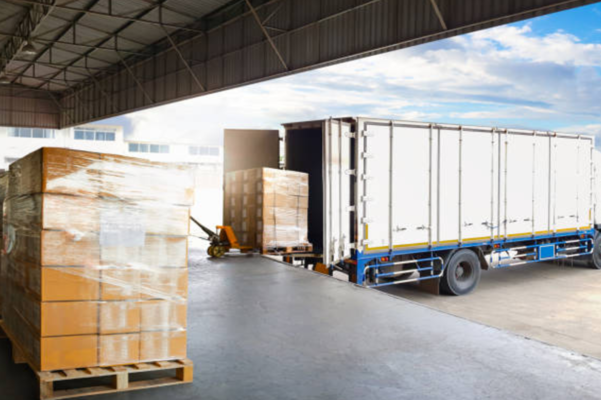
Truck DDP shipping offers regional flexibility and all-inclusive convenience.
- Best for: Regional shipments or specific Belgian destinations.
- Pros: Direct delivery to doorstep, fully managed customs clearance.
- Cons: Longer transit times and higher costs for long-haul shipments.
DDP shipping, especially through a reliable freight forwarder, simplifies the process and lets you focus on growing your business without logistics worries.
What Ports in Belgium Can You Ship to From China?
Belgium offers several major ports and airports that facilitate smooth logistics for shipments from China. Whether you’re using air or sea freight, understanding your destination options can help optimize your shipping strategy.
Major Airports in Belgium
Belgium has well-connected international airports for air freight, making it a preferred choice for urgent or high-value shipments.
| Airport Name | IATA Code | Location | Key Features |
|---|---|---|---|
| Brussels Airport | BRU | Zaventem, near Brussels | Major international hub for cargo and passenger flights. |
| Liège Airport | LGG | Liège, Wallonia | Specialized in air cargo, ideal for e-commerce logistics. |
| Antwerp International Airport | ANR | Antwerp | Suitable for smaller cargo operations and regional distribution. |
Best for: Time-sensitive shipments, e-commerce goods, or perishable items requiring quick delivery.
Major Sea Ports in Belgium
Belgium’s sea ports are crucial for large-volume shipments and cost-effective transportation. These ports are well-equipped for handling various cargo types.
| Port Name | Location | Key Features |
|---|---|---|
| Port of Antwerp | Antwerp | Europe’s second-largest port, known for efficient container handling and multimodal connectivity. |
| Port of Zeebrugge | Zeebrugge, Bruges | Specialized in container and roll-on/roll-off cargo, ideal for automotive and bulk goods. |
| Port of Ghent | Ghent | Focuses on industrial goods and supports inland shipping. |
Best for: Large-volume shipments, FCL/LCL sea freight, or non-urgent goods requiring economical transportation.
Each port and airport in Belgium provides unique advantages depending on the nature of your shipment. Let me know if you’d like further assistance planning your logistics!
Which Documents Do You Need to Prepare When Shipping From China to Belgium?
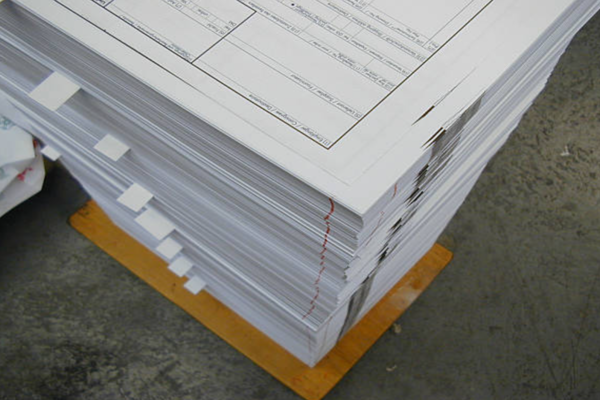
Shipping from China to Belgium involves more than just packing and transport. Proper documentation is crucial to ensure smooth customs clearance and avoid delays. Missing or incorrect paperwork can lead to fines, confiscations, or shipment returns.
Essential Documentation for Shipping From China to Belgium
Here’s a checklist of the documents you’ll need to prepare:
Commercial Invoice
Details the goods being shipped, including descriptions, quantities, and values. This is essential for customs to assess duties and taxes.Packing List
Specifies the contents, weight, and dimensions of each package. It helps customs verify the shipment matches the invoice.Bill of Lading (B/L)
For sea freight, this is a contract between the shipper and carrier. For air freight, it’s called an Air Waybill (AWB). It acts as proof of shipment.Certificate of Origin (COO)
Confirms the goods’ country of manufacture. Required for preferential trade agreements or duty exemptions.Customs Declaration Forms
Filed to declare the goods entering Belgium. Ensures compliance with local regulations and proper tax calculation.Import License (if required)
Some products, like restricted or regulated goods, need an import license. Check Belgium’s import regulations for specific requirements.Insurance Certificate
Proof of cargo insurance to cover potential loss or damage during transit.Proforma Invoice (optional)
A preliminary invoice sent before the commercial invoice, useful for customs pre-clearance or confirming buyer details.
How to Prepare These Documents
- Ask Your Supplier for Help: Many Chinese suppliers are experienced in international shipping and can provide essential documents like invoices, packing lists, and certificates.
- Rely on Your Freight Forwarder: A professional China freight forwarder, like DFH Logistics, can handle documentation on your behalf. We ensure everything is accurate and ready for smooth customs clearance.
- Double-Check Local Requirements: Belgium may have additional document requirements depending on the goods. Confirm these with your freight forwarder or customs broker.
By organizing these documents in advance and seeking help when needed, you can ensure your shipment reaches Belgium without unnecessary delays.
What Products Can Be Imported From China to Belgium?
China is one of Belgium’s largest trading partners, offering a wide range of products suitable for import. However, while many items can be shipped seamlessly, some are prohibited or restricted due to local regulations.
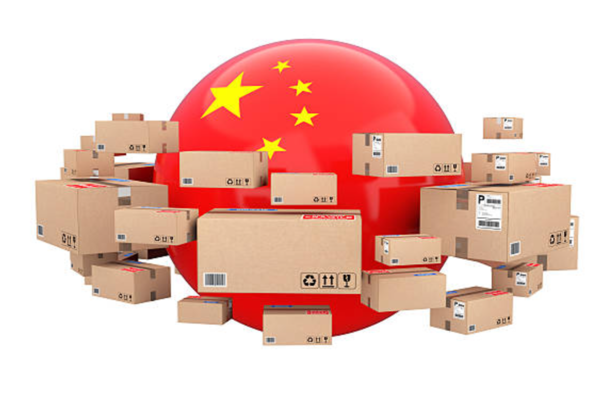
Commonly Imported Products From China to Belgium
Here are some of the most popular products frequently shipped from China to Belgium:
| Product Category | Examples |
|---|---|
| Electronics | Smartphones, laptops, LED lights, accessories |
| Furniture | Chairs, tables, office furniture |
| Fashion & Apparel | Clothing, shoes, bags |
| Industrial Machinery | Tools, spare parts, heavy machinery |
| Household Items | Kitchenware, home décor, bedding |
| Toys and Games | Educational toys, puzzles, gaming accessories |
| Beauty and Cosmetics | Skincare products, makeup, beauty tools |
| E-Commerce Goods | Private-label products, small gadgets, jewelry |
These products dominate imports due to their demand, competitive pricing, and quality improvements over the years.
Prohibited and Restricted Items for Shipping to Belgium
Some items are either prohibited or require special permissions to ship from China to Belgium. Here’s a list:
| Category | Prohibited/Restricted Items |
|---|---|
| Hazardous Materials | Explosives, radioactive materials, corrosive chemicals |
| Controlled Substances | Drugs, certain medicines without authorization |
| Cultural Artifacts | Antiquities or items of cultural heritage |
| Counterfeit Goods | Fake branded products |
| Perishables | Some fresh foods without proper packaging and documentation |
| Animal Products | Certain meats, ivory, or endangered animal derivatives |
| Military Equipment | Firearms, ammunition, or defense-related technology |
| High-Risk Electronics | Non-compliant devices without CE certification |
Note: Some restricted goods, such as medical equipment or food items, may require additional permits or certifications for import.
How Long Does It Take to Ship From China to Belgium?
Shipping times from China to Belgium vary depending on the chosen transport method, the type of goods, and the specific routes. Here’s a detailed breakdown of average transit times for different shipping options:
Average Shipping Times by Method
| Shipping Method | Average Transit Time | Best For |
|---|---|---|
| Air Freight (Direct) | 1-5 days | Urgent shipments, high-value goods |
| Air Freight (Transit) | 5-10 days | Medium-priority goods, cost-efficient air freight |
| Express Shipping | 2-7 days | Small, urgent parcels (e.g., DHL, FedEx) |
| Sea Freight (FCL) | 25-35 days | High-volume shipments, cost-sensitive goods |
| Sea Freight (LCL) | 30-40 days | Small or medium-volume shipments |
| DDP Railway Freight | 30-35 days | Medium-priority shipments, moderate cost |
| Truck DDP Transportation | 20-25 days | Regional deliveries within Europe |
| DDP Shipping (Various) | Air DDP: 8-12 days; Sea DDP: 30-40 days | Seamless door-to-door delivery with duties prepaid |
Factors That Affect Shipping Times From China to Belgium
Several factors can influence shipping times, causing variations even within the same transport method:
Shipping Route
Direct routes are faster than those involving multiple stops or transshipments. For instance, air freight with a direct flight takes fewer days than one requiring transit in another country.Customs Clearance
Delays in customs at either origin or destination can extend transit times. Ensuring proper documentation minimizes this risk.Weather Conditions
Bad weather can impact all modes of transportation, especially sea and air freight.Peak Seasons
Busy periods like Chinese New Year, holiday seasons, or sales events (e.g., Black Friday) can lead to longer processing and transit times due to higher demand.Carrier Availability
Limited carrier options during peak periods or disruptions can lead to delays in booking or transit.Port and Terminal Congestion
Overcrowded ports or terminals at either end can cause delays, particularly for sea freight.
By understanding these factors, you can better plan your shipments and choose the best method to match your timeline.
How to Do the Customs Clearance from China to Belgium?
Customs clearance is an essential part of the shipping process when importing goods from China to Belgium. Here’s a basic guide on how to navigate this process:
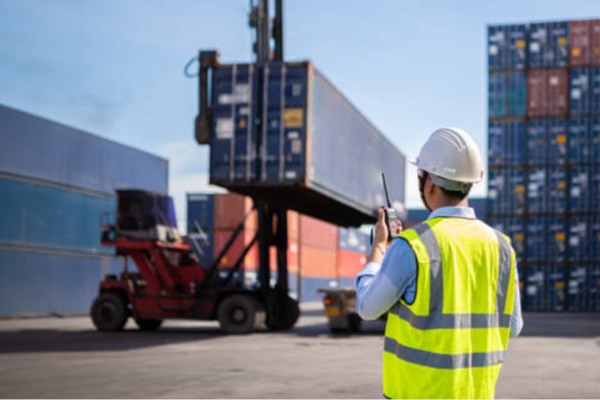
Steps for Customs Clearance from China to Belgium
Prepare Required Documents
Ensure all necessary documents are in order, such as the commercial invoice, packing list, bill of lading, certificate of origin, and any permits or licenses for restricted items.Classify Your Goods
Customs will require a correct classification of your products using the Harmonized System (HS) codes. Make sure your freight forwarder or supplier provides the correct codes.Submit the Customs Declaration
This is typically done by your freight forwarder or customs broker. They will submit the documents to Belgian Customs on your behalf, ensuring that everything is in order.Pay Import Duties and Taxes
Based on the product classification and the value of the goods, import duties and taxes will be calculated. These must be paid to clear the goods through customs.Receive Customs Release
Once all duties, taxes, and compliance checks are complete, the goods are released and can be delivered to their final destination in Belgium.
If you are unfamiliar with the customs process, your freight forwarder can help handle all the necessary steps, ensuring a smooth clearance process.
Who Pays for Customs When Importing From China to Belgium?
When importing goods from China to Belgium, Incoterms (International Commercial Terms) play a crucial role in determining who is responsible for paying customs duties, taxes, and other shipping-related costs. Here are some of the most common Incoterms used in international shipping and who is responsible for customs payments under each term.
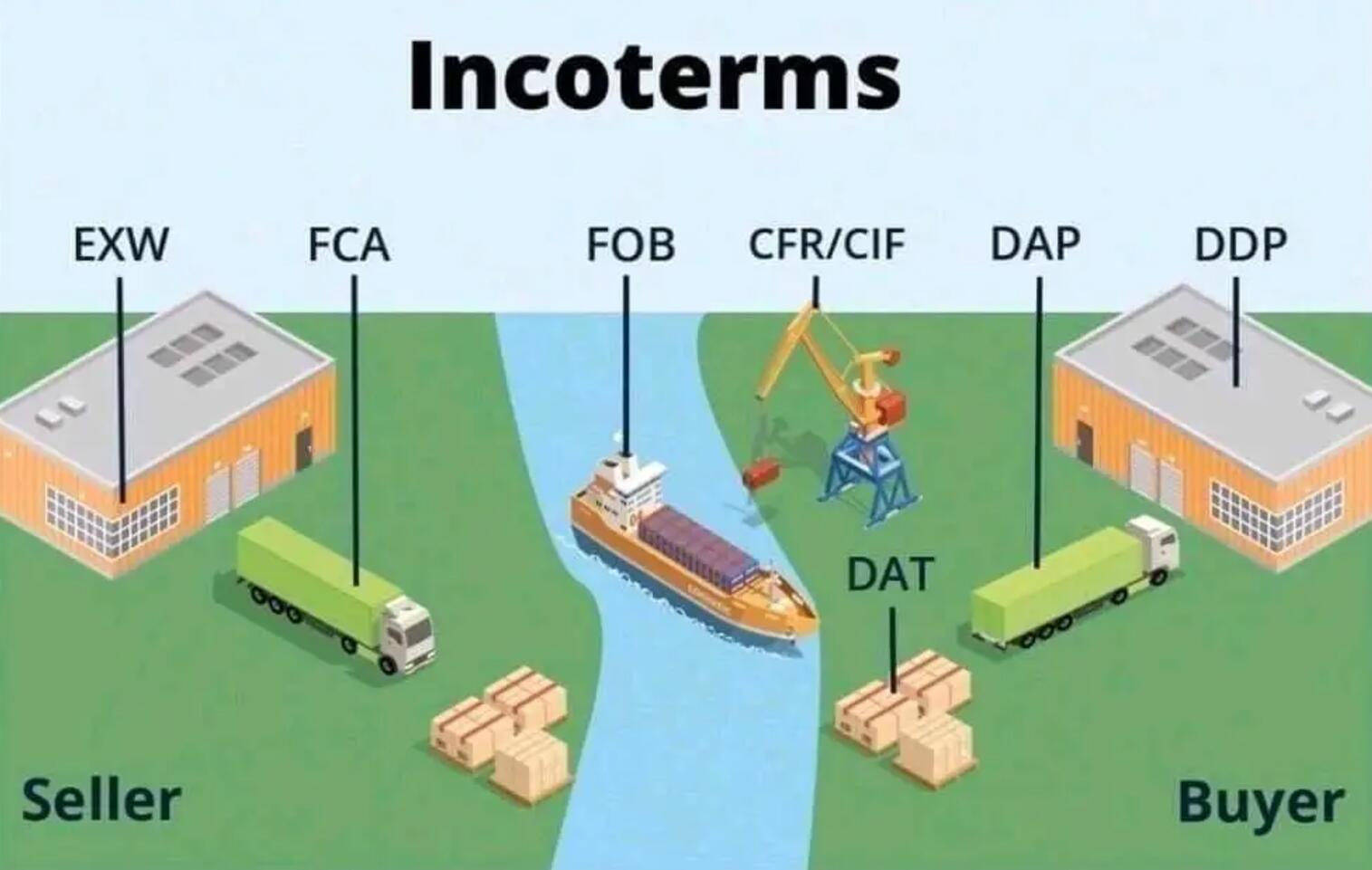
1. EXW (Ex Works)
- Who Pays for Customs?
The buyer pays for all costs, including customs duties, taxes, and shipping from the seller’s premises.- The seller’s responsibility ends when the goods are made available at their location.
- The buyer takes on all transportation costs, including export customs clearance from China and import customs clearance in Belgium.
2. FOB (Free on Board)
- Who Pays for Customs?
The buyer is responsible for customs duties and taxes once the goods are on board the vessel.- The seller is responsible for costs and risk until the goods are loaded onto the shipping vessel at the departure port (usually in China).
- The buyer handles the transportation from the Chinese port to Belgium, including import customs clearance and taxes upon arrival.
3. CIF (Cost, Insurance, and Freight)
- Who Pays for Customs?
The buyer pays for customs duties and taxes upon arrival at the destination port in Belgium.- The seller is responsible for the cost of goods, shipping, and insurance to the destination port.
- Once the goods reach the Belgian port, the buyer is responsible for import customs clearance and any additional costs, including duties and VAT.
4. DDP (Delivered Duty Paid)
- Who Pays for Customs?
The seller is responsible for paying all customs duties, taxes, and any other fees associated with the shipment.- The seller covers the entire shipping process, including transportation, customs clearance (both export and import), and delivery to the buyer’s door in Belgium.
- The seller pays all import duties and VAT, ensuring a smooth delivery process without additional costs for the buyer.
Summary of Payments for Customs and Duties
| Incoterm | Who Pays for Customs & Duties | Seller’s Responsibility | Buyer’s Responsibility |
|---|---|---|---|
| EXW | Buyer | Goods made available at seller’s premises | All costs including customs, taxes, and shipping from seller’s location |
| FOB | Buyer | Shipping up to port of departure | Customs duties upon arrival in Belgium |
| CIF | Buyer | Shipping and insurance to port of destination | Customs duties and taxes at Belgian port |
| DDP | Seller | All shipping, customs, and delivery costs to the buyer’s door | None – no additional costs for the buyer |
It’s essential to agree on the Incoterms with your supplier or freight forwarder upfront to avoid confusion over who is responsible for customs and related costs.
How Much Duties and Taxes Should You Pay for Importing Goods to Belgium?
The amount of duties and taxes you will pay depends on various factors, such as the type of goods, their value, and their classification under the Harmonized System (HS). Here’s a general overview:
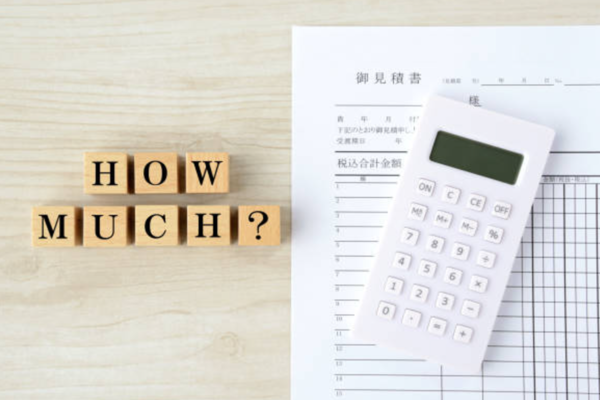
Average Duties and Taxes on Imports to Belgium
| Product Category | Customs Duty Rate | VAT Rate (Standard) |
|---|---|---|
| Electronics | 0% – 14% | 21% |
| Clothing and Textiles | 12% – 20% | 21% |
| Furniture and Household | 2% – 10% | 21% |
| Toys | 0% – 10% | 21% |
| Automotive Parts | 10% – 22% | 21% |
How to Calculate Import Duties and Taxes:
Customs Duty:
Customs duties are calculated based on the customs value of the goods, which includes the product cost, shipping cost, and insurance.VAT (Value Added Tax):
Belgium applies a 21% VAT to most goods, which is calculated based on the customs value plus any customs duty.
Note: The rates mentioned here are approximate. The exact rate depends on the specific classification of your goods, and Belgian customs may require additional fees or duties for certain items. It’s important to check the most up-to-date information with Belgian Customs or your freight forwarder for accurate rates.
By working with an experienced freight forwarder, you can ensure that all duties and taxes are paid accurately and on time, avoiding any customs issues or delays.
Do I Have to Buy Cargo Insurance When Shipping from China to Belgium?
When shipping goods from China to Belgium, cargo insurance is an important consideration, but it’s not always mandatory. Whether you need to buy insurance depends on the Incoterms agreed upon, the type of goods you’re shipping, and your level of risk tolerance.
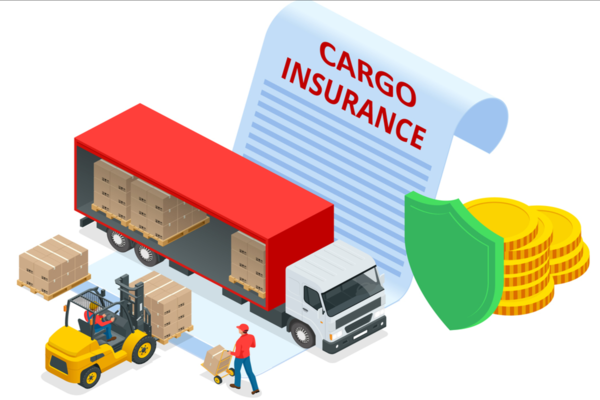
When is Cargo Insurance Recommended?
While cargo insurance is not required under all shipping agreements, I highly recommend it for the following reasons:
- High-value shipments: If you’re shipping expensive products, cargo insurance protects you from potential loss or damage during transit.
- Fragile goods: Items like electronics, glass, or machinery can easily be damaged during handling or transport, making insurance a good choice.
- Longer transit times: The longer the transit, the higher the chances of unexpected delays or accidents that could result in damage or loss.
When is Cargo Insurance Not Required?
Under certain Incoterms, such as FOB or EXW, the buyer assumes the risk once the goods leave the seller’s warehouse or port. However, even if insurance is not explicitly required, the risks involved in international shipping can be substantial, making it worth considering.
If you are shipping via DDP (Delivered Duty Paid), the seller may already include insurance in the transportation cost, as they are responsible for the entire journey, including any risks involved.
How Much Does Cargo Insurance Cost?
The cost of cargo insurance typically ranges from 0.3% to 0.7% of the total value of the goods being shipped. The exact rate depends on factors like the type of goods, the shipping method, and the coverage level.
How to Calculate Cargo Insurance Cost?
To calculate the cost, simply multiply the value of the goods by the insurance rate. For example:
- Cargo value: $10,000
- Insurance rate: 0.5% (common for general goods)
Insurance cost = $10,000 × 0.5% = $50
This calculation is pretty straightforward, but keep in mind that the rate can vary depending on your shipment’s specific needs. Always consult with your freight forwarder to get the best insurance rate for your situation.
How to Reduce Shipping Costs from China to Belgium?
Shipping costs can be one of the biggest expenses when importing from China to Belgium. However, there are a few strategies you can use to reduce these costs:

1. Consolidate Shipments
Shipping multiple small orders at once can help reduce costs. Instead of paying for each shipment separately, you can combine them into one larger shipment, which often comes with a lower rate per unit.
2. Choose the Right Incoterms
Some Incoterms, like FOB or CIF, allow you to take more control over the shipping process and potentially reduce costs. For instance, FOB can give you flexibility in selecting cheaper freight forwarders or shipping methods.
3. Consider Sea Freight for Large Shipments
If you are shipping large quantities, sea freight can be far cheaper than air freight. Though it takes longer, the savings are significant for bulk shipments.
4. Negotiate Rates with Freight Forwarders
Freight rates are negotiable, especially for regular shippers. Building a relationship with your freight forwarder can help you get better prices over time.
How to Verify Quality Before Shipments Leave China to Belgium?
Verifying the quality of products before they leave China is crucial to avoid costly mistakes. Here’s how you can do it:

1. Pre-shipment Inspections
A third-party inspection company can help you inspect the goods before shipment. These inspections ensure the products meet your specifications and quality standards.
2. Request Samples
Before placing a large order, always request product samples. This allows you to check the quality first-hand before committing to a bulk order.
3. Factory Audits
If you work with new suppliers or are ordering a high-value shipment, consider having a factory audit done. A reputable auditing company will assess the supplier’s processes and ensure they meet international standards.
How to Ship from Different China Suppliers to Belgium at the Same Time?
Shipping from multiple suppliers in China at once is a common challenge. Here’s how to do it efficiently:
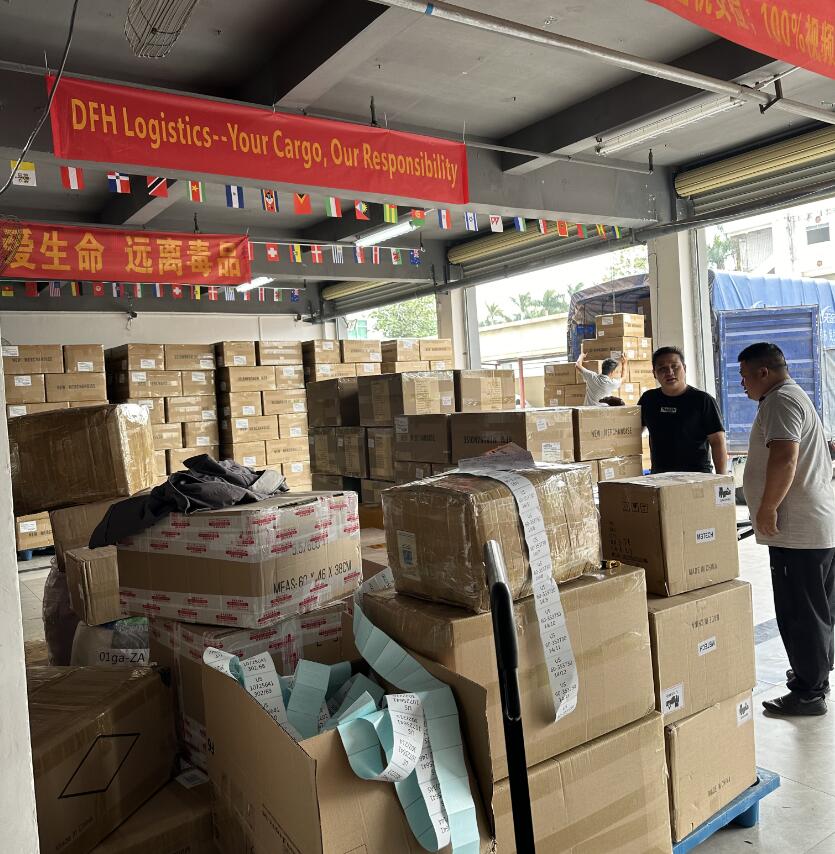
Consolidate Shipments with DFH Logistics
At DFH Logistics, we offer consolidation services, where we combine products from different suppliers into one shipment. This provides several benefits:
- Cost savings: By combining multiple shipments, you reduce shipping costs.
- Streamlined customs clearance: You only need to clear one shipment through customs, making the process faster and easier.
- No need for suppliers to coordinate: Each supplier ships to us, and we handle the consolidation. This ensures that suppliers do not need to communicate with each other.
This service allows for greater control, especially when dealing with multiple suppliers who may have different timelines or shipping methods. With DFH Logistics handling the consolidation, you can rest assured that your goods will arrive on time and in good condition.
How to Track the Shipment from China to Belgium?
Once your goods have been shipped, DFH Logistics will provide you with a tracking number to follow the shipment’s progress.
You can track your shipment through the relevant tracking website provided by the carrier. This will give you real-time updates on your shipment’s location, expected delivery date, and any potential delays.
Tracking your shipment is easy and helps you stay informed every step of the way. You can monitor the transit from China to Belgium and ensure your products arrive safely and on time.
Why Consider DFH Logistics as Your Freight Forwarder from China to Belgium?
DFH Logistics has been providing reliable and cost-effective shipping solutions for over a decade. As a China-based freight forwarder, we specialize in handling shipments from China to Belgium, and here’s why we stand out:
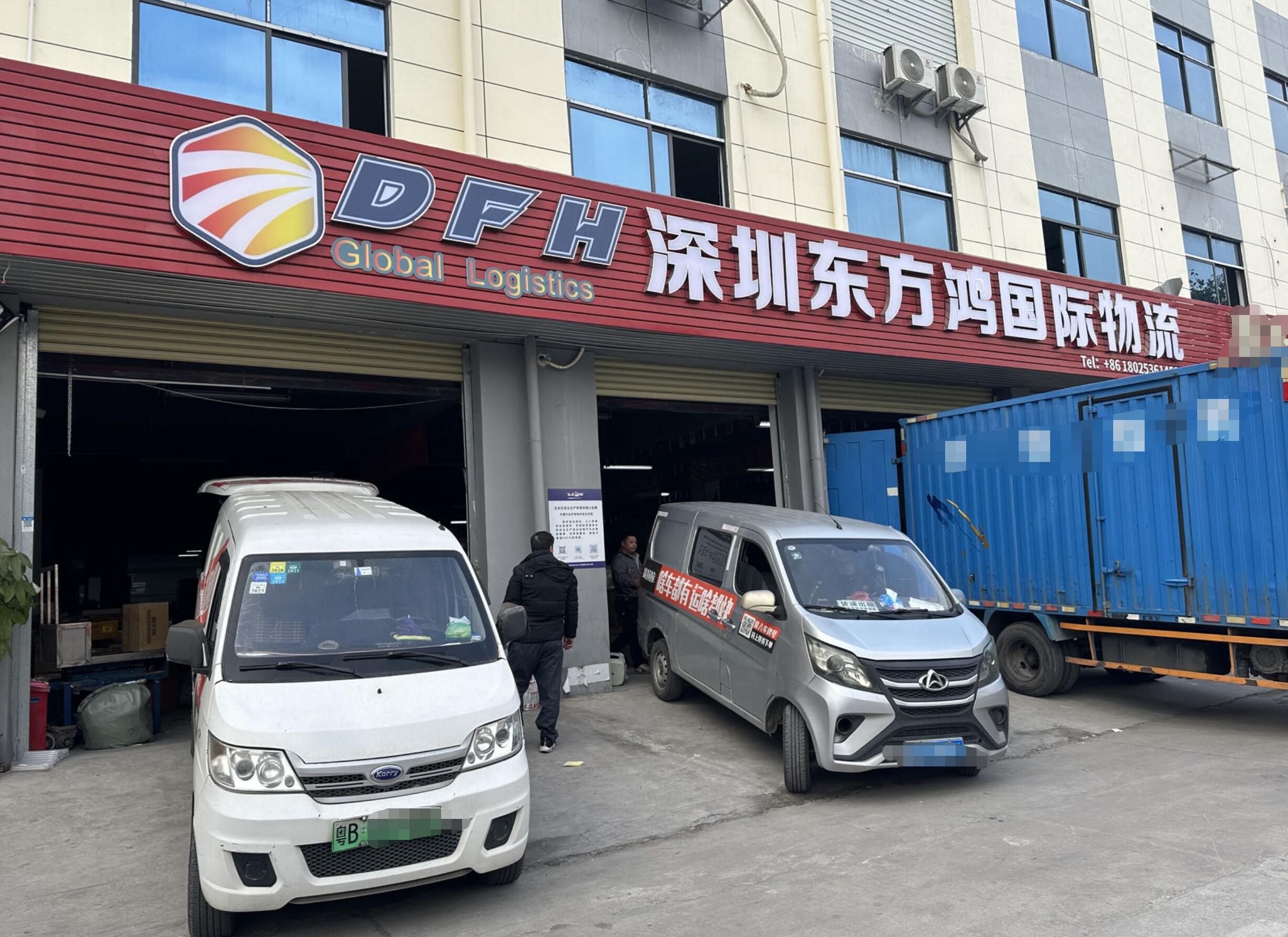
1. Expertise in China to Belgium Shipping
With years of experience, we understand the nuances of both countries’ customs and shipping regulations.
2. Personalized Services
Whether you’re shipping small parcels or bulk orders, we tailor our services to meet your specific needs.
3. Cost-effective Shipping Solutions
We offer competitive rates by negotiating directly with carriers and offering consolidation services to save you money.
4. End-to-end Support
From customs clearance to final mile delivery, we handle the entire process to ensure a seamless experience for you.
Conclusion
Shipping from China to Belgium doesn’t have to be complicated or expensive. By choosing the right shipping method, ensuring quality control, and working with a trusted freight forwarder like DFH Logistics, you can simplify the process and focus on growing your business.

